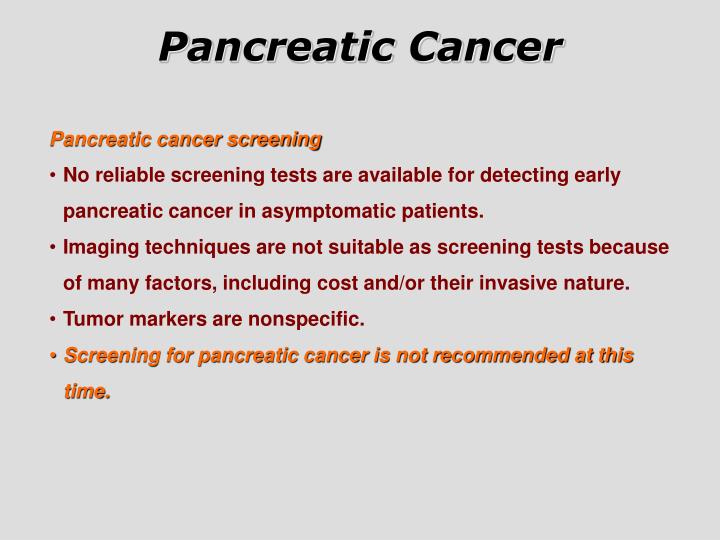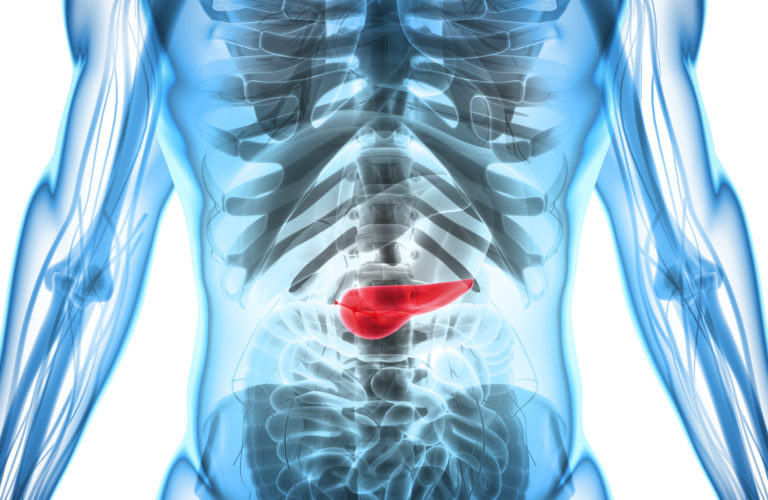

Recently, increasing numbers of studies focused on the discovering of novel serum biomarkers and exploring their combination with CA19‐9 in the detection of pancreatic cancer. As the only serum biomarker approved by the United States Food and Drug Administration, carbohydrate antigen 19‐9 (CA19‐9) is not recommended to be used in the early screening of pancreatic cancer because of its limited specificity. In addition, there are currently no biomarkers with sufficient sensitivity and specificity for the diagnosis of pancreatic cancer to be applied in the clinic.

Notably, accumulating studies have been undertaken to improve the detection rate of different imaging methods and the diagnostic accuracy of endoscopic ultrasound‐guided fine‐needle aspiration (EUS‐FNA) which is the golden standard for pancreatic cancer diagnosis. Fully understanding the risk factors of pancreatic cancer and pathogenesis could help us identify the high‐risk population and achieve early diagnosis and timely treatment of pancreatic cancer. Currently, screening is often applied in high‐risk individuals to achieve the early diagnosis of pancreatic cancer. Thus, an early diagnosis of pancreatic cancer is crucial for improving its prognosis.

Most pancreatic cancer patients are diagnosed at an advanced stage or even metastasis due to its highly aggressive characteristics and lack of typical early symptoms. Pancreatic cancer is a highly malignant digestive system tumor with a poor prognosis.


 0 kommentar(er)
0 kommentar(er)
